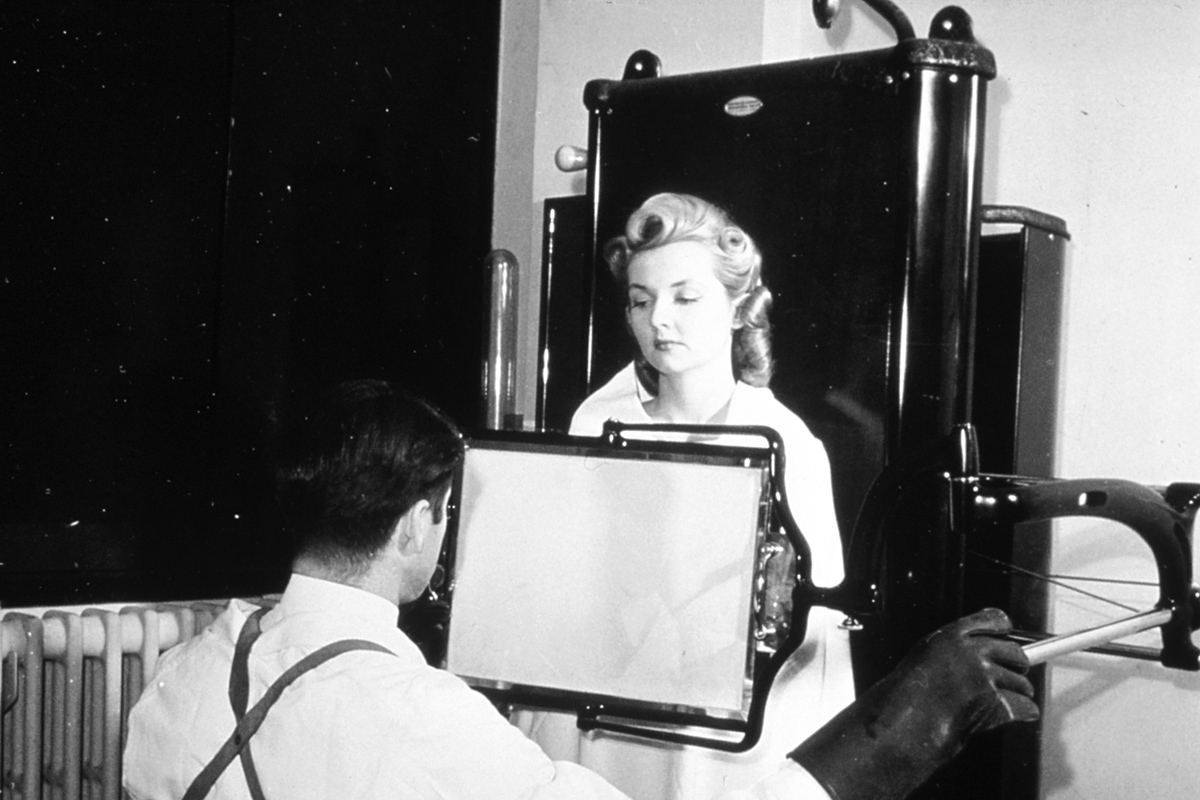
Medicine is a science and the science is something that people usually believe in, no questions asked. However, like in any science, there are certain factoids in medicine that have proven to be false, even though many people, including some doctors, continue to believe in them.
Here are seven popular myths that have been proven to be false.
Myth number one
The popular belief, perpetuated by many doctors too, is that it is necessary to drink eight glasses of water per day in order to stay healthy and properly hydrated. This is based on a 1945 statement that people should drink one milliliter of fluid for every calorie taken. This is not true because those fluid millimeters can be consumed through food or beverages other than water.
Myth number two
This myth states that people use only 10 percent of their brains. There is no scientific proof to back up this statement, and in fact various studies and reports have refuted it. There are several studies that have indeed found that at any given time not one part of the brain is dormant.
Myth number three
Many believe that the hair and the fingernails continue to grow even after a person dies, and corpses with freakishly long hair and nails were considered to be the proof of that. However, any tissue growth in the body requires an active process that cannot be carried out if the organism is dead.
Myth number four
Myth number four states that hair grows back thicker and darker after it was shaven. This is why young boys start shaving very early and girls wait for a long time before shaving their legs for the first time. The newly grown hair only looks darker because it was not yet exposed to sunlight, and it appears to be thicker because the finer end of it was shaven off.
Myth number five
According to this myth, reading in dim light is very bad and can ruin the vision. Regardless of what every mother tells her children, this is simply not true, and there are studies that have proven so. It is true that the eyes may feel weary and dry, but those effects are only temporary and have no impact on the quality of vision.
Myth number six
Some people avoid eating turkey during the day because they think it will make them sleepy. While it is true that turkey contains trace amounts of an amino acid called tryptophan, which can induce sleep, the amount of it in an average portion of turkey is not enough to produce that effect.
Myth number seven
Everyone knows that they are not supposed to use their cell phones in hospitals, because the signal might interfere with the medical equipment, which, obviously, can be dangerous. This is not completely false, but the number of cases in which this occurred is less than 4 percent, and in all cases the phone was located less than one meter from the equipment.



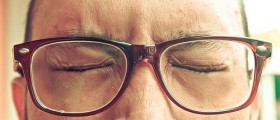
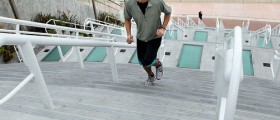
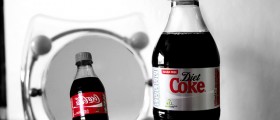
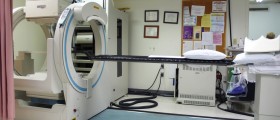

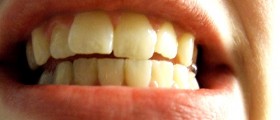





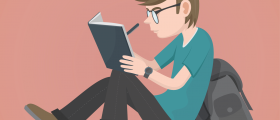

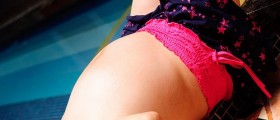
Your thoughts on this
Loading...